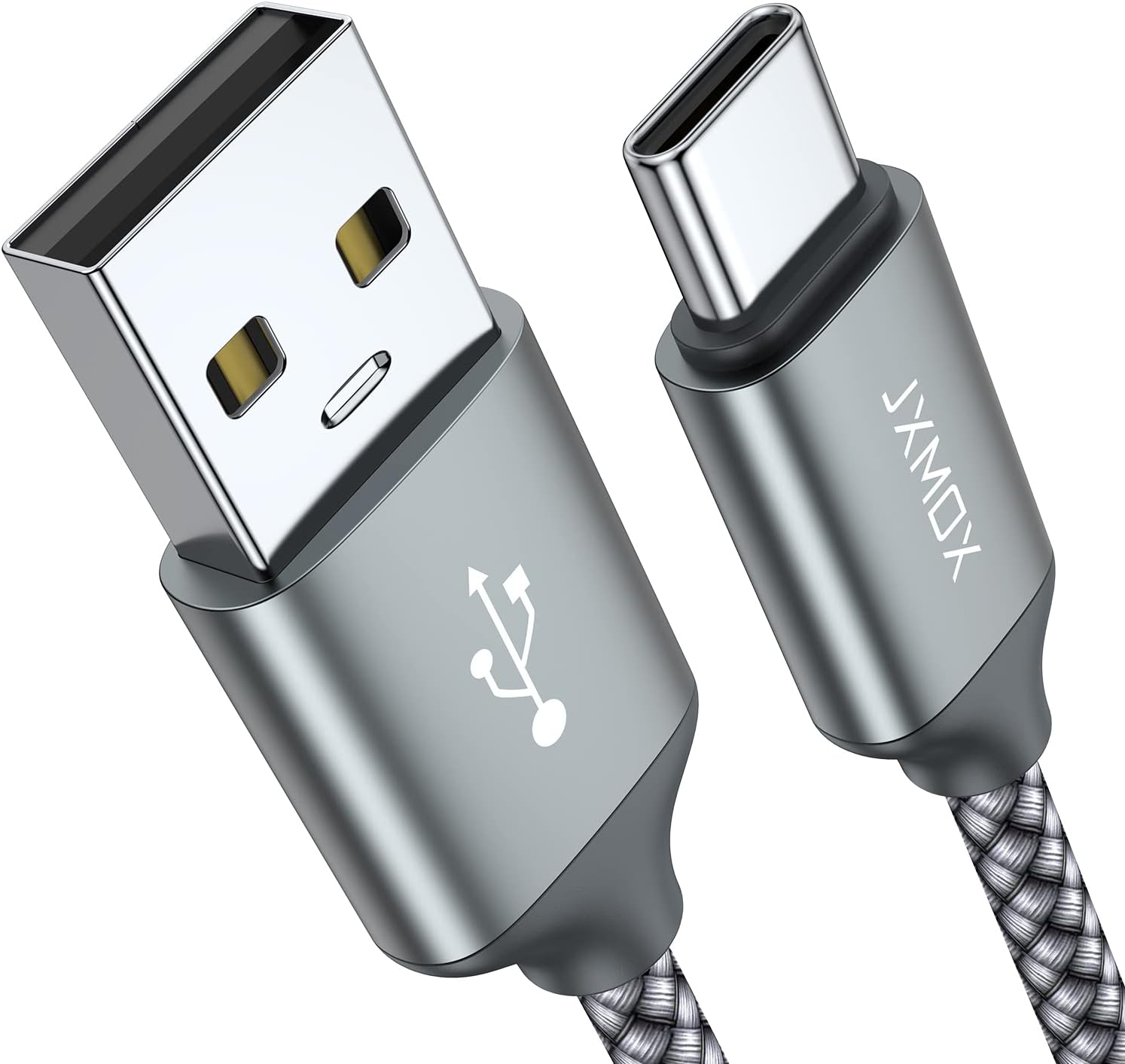
What is USB-C?
USB-C, also known as USB Type-C, is a universal connector that is becoming increasingly popular in modern devices. It is a small, reversible connector that supports high-speed data transfer, power delivery, and video output.
One of the key advantages of USB-C is its versatility. It can be used to connect various devices, such as smartphones, tablets, laptops, and even peripherals like external hard drives and monitors. Unlike its predecessors, USB-C is reversible, meaning you can plug it in any orientation, eliminating the frustration of trying to figure out the correct way to insert the cable.
USB-C supports faster data transfer rates compared to previous USB standards. It can reach speeds of up to 10 gigabits per second (Gbps) with USB 3.1 Gen 2, allowing for quick file transfers and efficient data syncing. This makes it ideal for tasks like backing up large files or transferring multimedia content.
Another notable feature of USB-C is its power delivery capability. It can provide power to devices and charge them faster than older USB standards. With USB Power Delivery (USB PD) technology, USB-C can deliver up to 100 watts of power, enabling it to charge laptops, tablets, and other power-hungry devices.
USB-C also supports video output, allowing you to connect your device to an external display. With the help of USB-C to HDMI or USB-C to DisplayPort adapters, you can mirror or extend your device's screen to a larger monitor or TV. This is particularly useful for presentations, gaming, or simply enjoying multimedia content on a bigger screen.
In terms of compatibility, USB-C is backward compatible with older USB standards. However, it's important to note that not all USB-C ports support the same features. Some USB-C ports may only support USB 2.0 speeds or lack power delivery capabilities. Therefore, it's essential to check the specifications of your device and cable to ensure compatibility and optimal performance.
References:
Related Posts
© 2025 Invastor. All Rights Reserved






User Comments